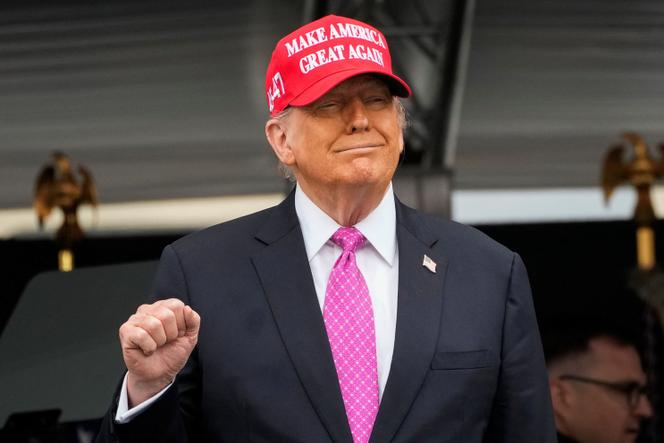


Beyond President Trump's deliberately provocative remarks and showmanship, the Make America Great Again (MAGA) politics raise a fundamental question for the Western world: In an era of global speculative capitalism, do states still have real economic policy power?
Donald Trump presents himself as a defender of national interests when he demands allegiance from digital giants or threatens tariffs to force companies to bring manufacturing back to the US. Relocating in this context means realigning the economic space of producers and consumers with the political space of voters.
At the same time, recognizing that the growth of US government debt (120% of GDP) limits his room to maneuver, MAGA is attacking the very structure of the federal government. Some libertarian thinkers accuse it of being a "deep state," in other words, a network of agencies dedicated to maintaining social peace by distributing subsidies and benefits, at the cost of massive public debt.
The brutal and disruptive methods of MAGA politics raise many concerns. Yet these reservations should not distract from the central issue: Does the State still have the power needed to regulate a globalized capitalism whose logic escapes national interests? The authoritarian response to this question characterizes Chinese capitalism, which the Trump administration has set up as a rival to be emulated, precisely because it seeks to combine economic power with political sovereignty.
You have 55.33% of this article left to read. The rest is for subscribers only.
